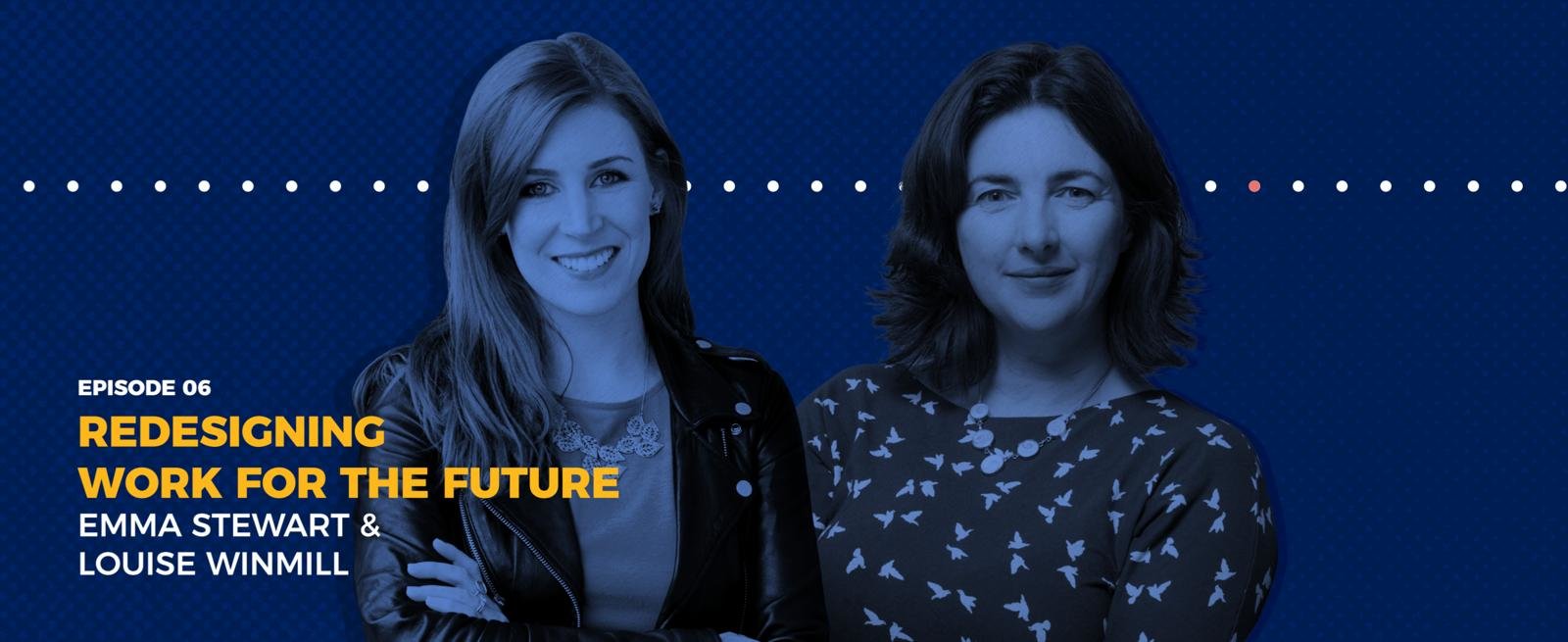As we glimpse at what appears to be light at the end of the Covid tunnel, businesses around the world are turning their attention to what models of work might look like on the other side.
I caught up with Emma Stewart MBE, Co-Founder of leading flexible working consultancy Timewise, to chat about the future of work in a post-pandemic world. We discussed how work is being rapidly redesigned, and how the events of the last year have made leaders face up to the reality that – in order to attract and retain the best talent – a flexible working policy is crucial.
In this latest episode of Portland’s To The Point podcast series, Emma shared a number of tips for businesses currently thinking about hybrid or flexible working policies:
- Start by determining guiding principles for the policy and not just how many days people should be in the office or at home. Consider whether you want to be a home-first or an office-first organisation, and define the parameters – such as how and when teams might need to interact – as this will inform decisions around flexible working.
- Establish a designated team of people to look at creating flexible policies. Flexible working shouldn’t be ‘owned’ by any one function but involve personnel from different areas; you will need the support and buy-in from cross-functional teams to make sure policies are robust, realistic and enforced.
- Ensure managers are equipped to oversee both dispersed and hybrid teams. Training is vital to ensure an inclusive culture is maintained regardless of where workers are based. Getting the culture right will be crucial to successfully delivering the overall shift to flexible working.
- Trust your teams and employees, and review and evolve your approach as you go. You may not get it right the first time, so be prepared to go through a few iterations before it works for both the business and its employees.
- Consider flexible working at the point of hire. The recruitment market needs to catch up with the employment market, where there is clear demand for flexible working. Businesses will benefit if they consider whether they are open to hiring more candidates working flexibly, and say this explicitly in their job adverts.
Interestingly, whilst awareness of flexible working has risen over the last year, the number of jobs advertised as being flexible or part-time has only increased by 7%. This means that today, eight out of ten job vacancies being posted still do not reference the ability to work flexibly. Put another way, businesses are potentially missing out on reaching a large and highly talented pool of people for whom some form of flexibility is a prerequisite.
There is clearly more work to be done if businesses – as well as talent – are to fully reap the benefits of a more flexible working world. Post-pandemic we have an opportunity like never before to rethink traditional employment models and design a fairer and more productive working world that will allow the very best talent to flourish.
You can listen to the full episode here, and find all of Portland’s To The Point podcast episodes on Spotify, Apple Podcasts and Google Podcasts.
For more information about Timewise and how they can support your business in developing flexible and hybrid working models, please visit timewise.co.uk.

